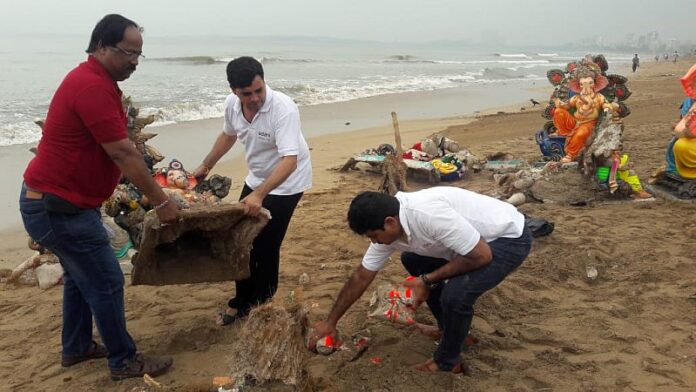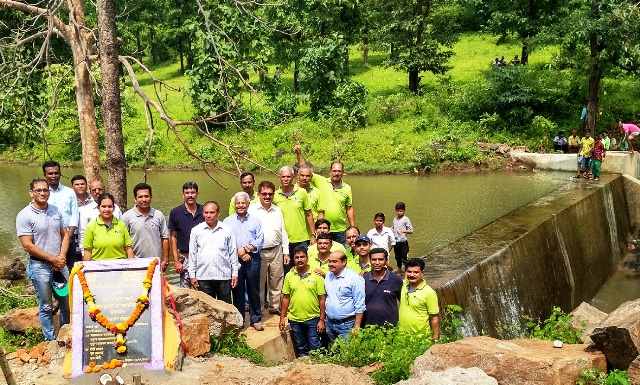A new initiative to advance women’s entrepreneurship in Asia-Pacific was launched on the sidelines of the 73rd session of the UN General Assembly in New York. The United Nations Economic and Social Commission for Asia and the Pacific (ESCAP), with financial support from Global Affairs Canada is doing this.
Women who establish businesses have the potential to achieve economic independence, overcome extreme poverty and improve the well-being of their families and communities. However, many women entrepreneurs face major disadvantages in accessing sufficient finance and technology that prevent them from achieving their full potential.
This unique project seeks to address the challenges and constraints faced by women entrepreneurs through a holistic, multi-pronged approach integrating innovative finance, technology and policy. It will empower women entrepreneurs in the region by utilizing innovative financing mechanisms and providing access to technology.
Launching the project at a High-level side event, Hongjoo Hahm, Officer-in-Charge of ESCAP, emphasized that innovative financing mechanisms, such as FinTech solutions and women’s bonds, are emerging to address challenges and increase access to financial resources. However, a paradigm shift to support women entrepreneurs is critical if these promising mechanisms are to be truly inclusive.
Collaborative effort
“Our ambitions for the initiative are high and we cannot do this alone,” said Mr. Hahm. “We will need to work with governments, bilateral donors and private sector companies. But most importantly, we will need to work with and for the aspiring women entrepreneurs to better understand their needs and aspirations. Only by doing this will we effectively harness their potential to help us all to meet the ambitions of the Sustainable Development Goals.”
Innovative financing mechanisms
Women-owned micro, small and medium enterprises (MSMEs) have significant financing needs. These can be met through innovative financing mechanisms that leverage both public and private financial resources. This would be to the benefit of women entrepreneurs and those they support: their families, employees, and communities.

















